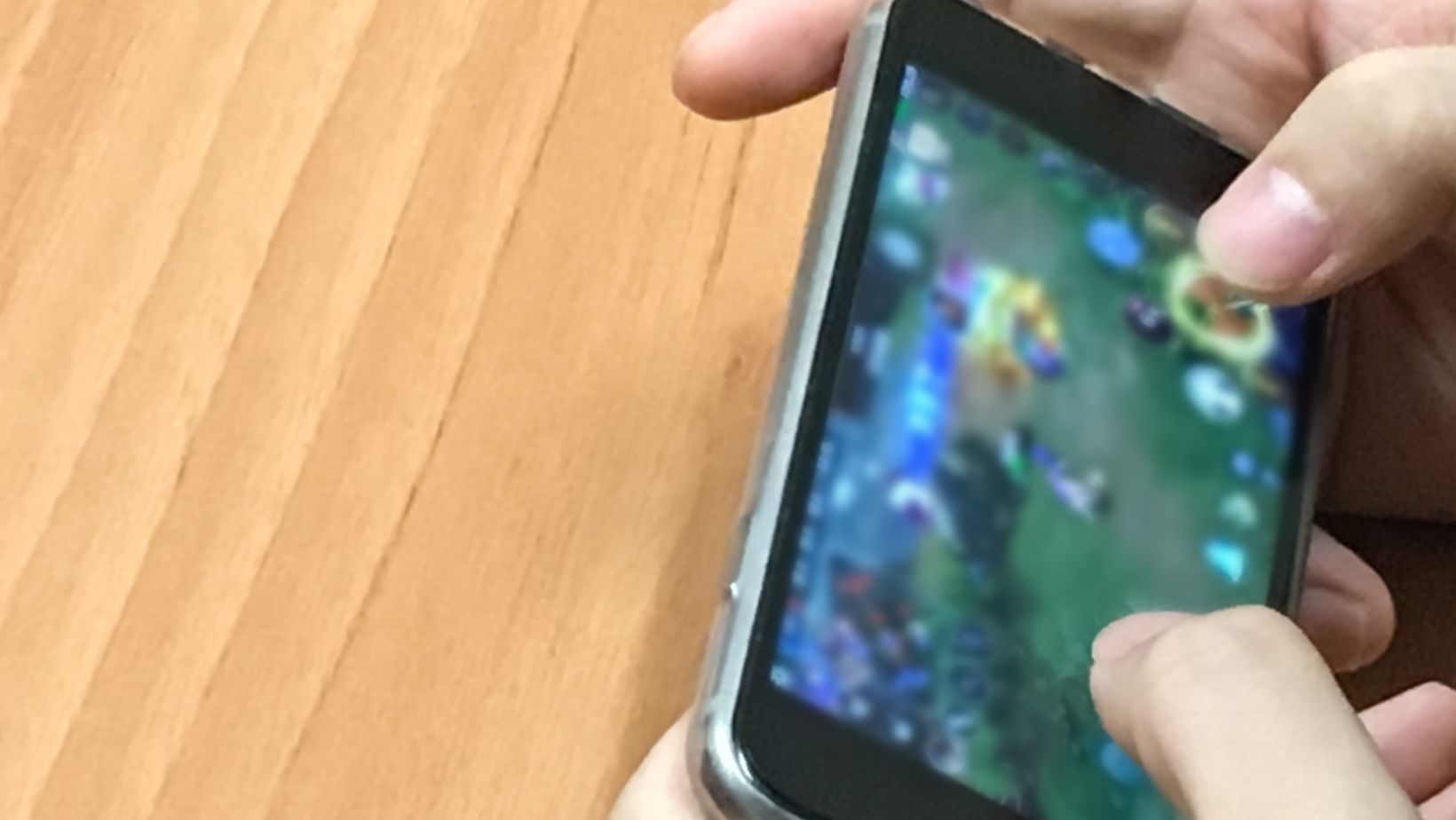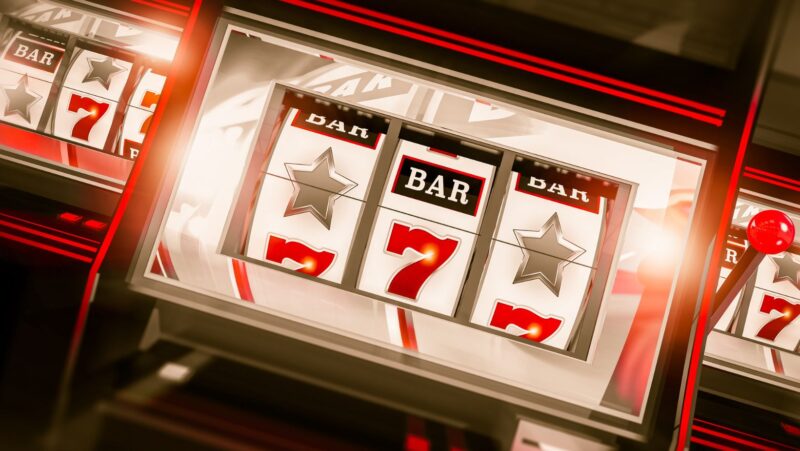
The modern workday doesn’t end when you clock out. It stretches into our evenings, filling our thoughts while cooking, or nudging us with late emails. It lingers in your shoulders, your jaw, and that endless scroll through emails you promised yourself you wouldn’t check. The pressure to stay alert doesn’t disappear once we close the laptop; it just changes form. By the time you’re home, the idea of “relaxing” feels more like another item on your to-do list. This lingering tension has pushed many of us to look for quick and effective ways to shake off the day. Gone are the days when winding down was limited to flipping channels or lounging with a drink. But somewhere between the dishes and the doomscrolling, a quiet revolution: now, with just a phone in hand, we can dip into digital rituals that offer relaxation without commitment. Not the ones that demand hours of grinding or complex strategies, but the bite-sized, oddly satisfying ones that ask nothing more than a few minutes of your time and attention. These aren’t marathon sessions or complex stories. They are five-minute escapes — simple, gratifying, and surprisingly restorative.
Why Short Games Work When You’re Worn Out
You know the feeling. Your brain’s fried. You’re not ready for sleep, but you’re too tired for anything demanding. Enter the micro-game. There’s something comforting about tapping your screen and diving into a short burst of gameplay. These tiny pockets of digital entertainment, whether puzzle games or mini simulators, create a mental break that doesn’t demand the commitment of a movie or the energy for a phone call. Instead, they offer quick relief, often right at your fingertips. 
A Quick Hit Of Satisfaction
How did these short games go from casual pastime to a legitimate form of stress relief? There’s a reason we gravitate to these experiences. The answer lies in how our brains react to short-term rewards. Our brains are wired to chase rewards. Even a few minutes of gameplay that includes winning points, advancing levels, or unlocking rewards triggers dopamine release — a chemical that promotes pleasure and reduces stress. These mini victories provide a counterbalance to the chaos of a stressful day. That little rush you feel after completing a level? That’s your brain saying “thanks.” Games like Slot Gacor Hari Ini understand this well. Their mechanics are tuned to make players feel rewarded. Whether it’s vibrant visuals, satisfying clicks, or catchy music — they’re designed to soothe and entertain without demanding too much. Even five minutes can be enough to shift your mental state from stressed to centered. Slot-based mobile games combine the excitement of chance with colorful visuals and the simple pleasure of pulling a lever or tapping a button. It’s engaging without being overwhelming. These games tend to offer brief sessions with quick results, making them ideal for that late-night wind-down. The evolution of mobile gaming has made it easier to find the right game for any mood. Whether you’re frustrated and need to pop some bubbles in a match-three game, or you’re tired and want to watch digital cards fall into place, there’s a solution right in your pocket.
Not Just Games, But Rituals
We often think of rituals as big, ceremonial acts. But they can be as small as brushing your teeth or choosing the same mug every morning. What matters is the consistency and the intention. Playing a mobile game every night before bed, or on your train ride home, can become a grounding habit. It creates a buffer between work mode and rest mode. The repetition becomes familiar, comforting. Apps like My Oasis embrace this idea. They offer tranquil environments where players can unwind at their own pace. The game doesn’t rush you. There’s no pressure to win. It simply invites you to exist in a space that’s calm and quiet.
Finding Connection In Unexpected Places
You might not think of mobile games as social spaces, but some manage to build surprising forms of community. In Kind Words, users anonymously send kind messages to others. It’s the digital version of leaving a note on a stranger’s windshield, but without the awkwardness. It feels low-pressure, and somehow, deeply human. 
Keeping It Healthy
Of course, even the most relaxing game can become a problem if it eats up hours of your time. That’s why boundaries matter. Set a timer. Know which apps are genuinely helpful and which ones trick you into endless scrolling. Recognize when you’re escaping stress and when you’re just avoiding it. Some apps offer tools to track your usage or limit how much you play. These features help users enjoy the games without tipping into excess. Digital rituals are only helpful when they stay balanced.
Making Time For Small Joys
These days, we’re constantly encouraged to optimize every second — to hustle, to grow, to improve. But rest isn’t wasted time. It’s the recharge that allows you to keep going. Short mobile games can also act as transition bridges — helping your mind shift from the intensity of work into the softness of personal time. Much like lighting a candle or putting on your favorite playlist, opening a game can signal to your brain that it’s time to rest. When short mobile games become part of your daily rhythm, they offer you more than entertainment. They provide space to breathe. There’s a reason mindfulness apps sometimes include small games or interactive tasks. They engage your brain just enough to distract you from stress, but not enough to overstimulate. The right game at the right moment can feel like a deep breath in digital form.
Not every coping strategy needs to be profound. Sometimes, the path to peace looks like a cartoon panda floating on a bubble, or a row of digital cherries lining up just right.












